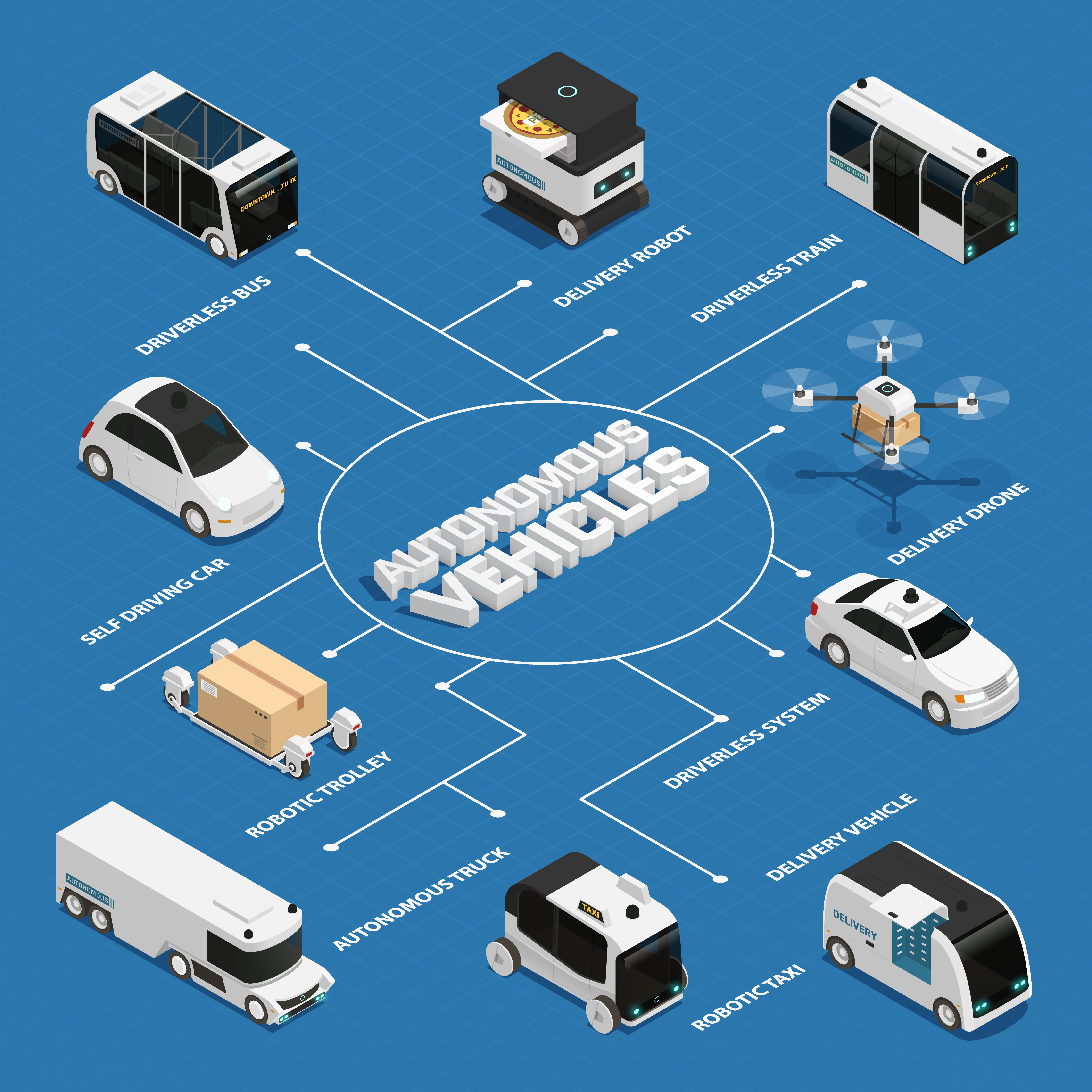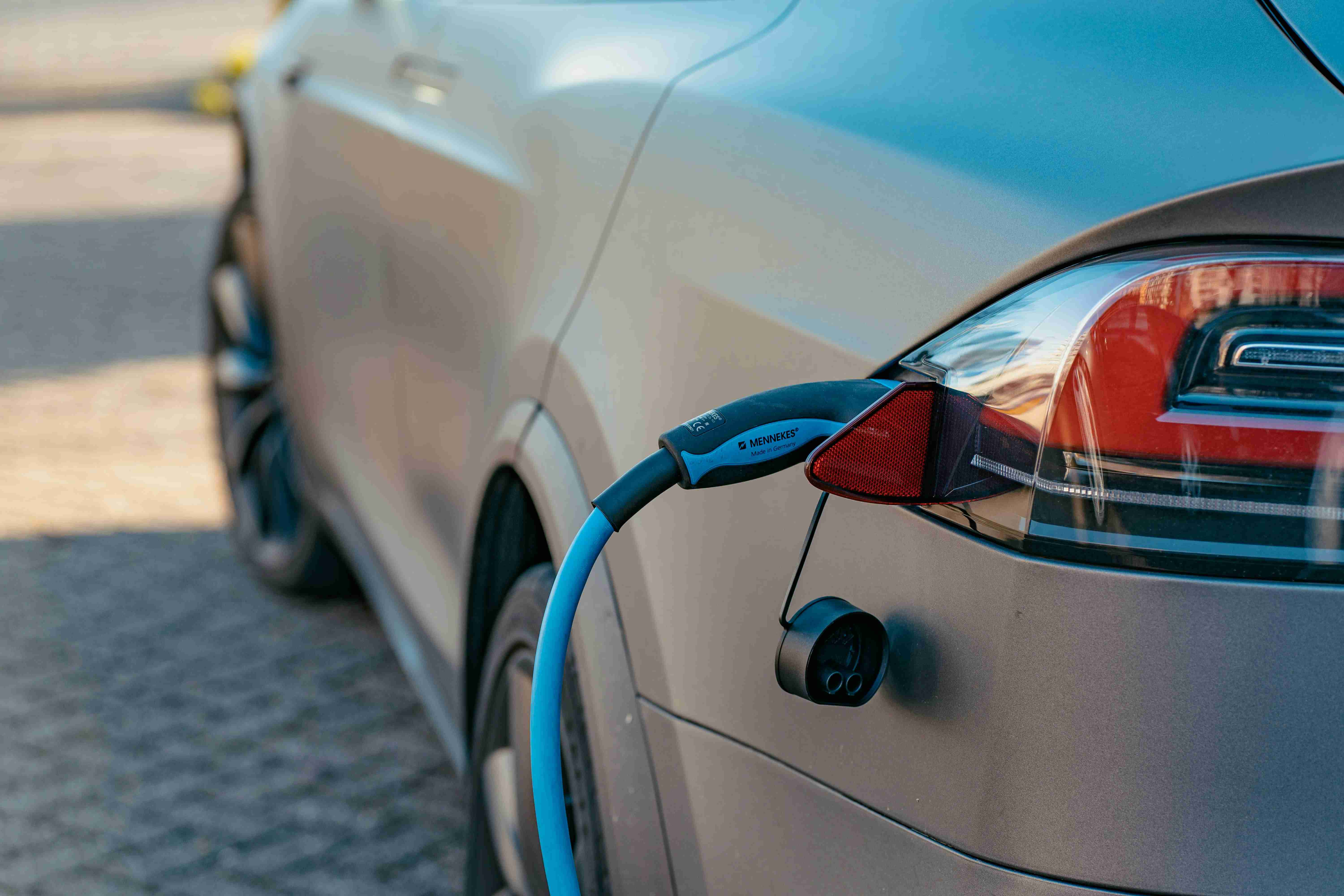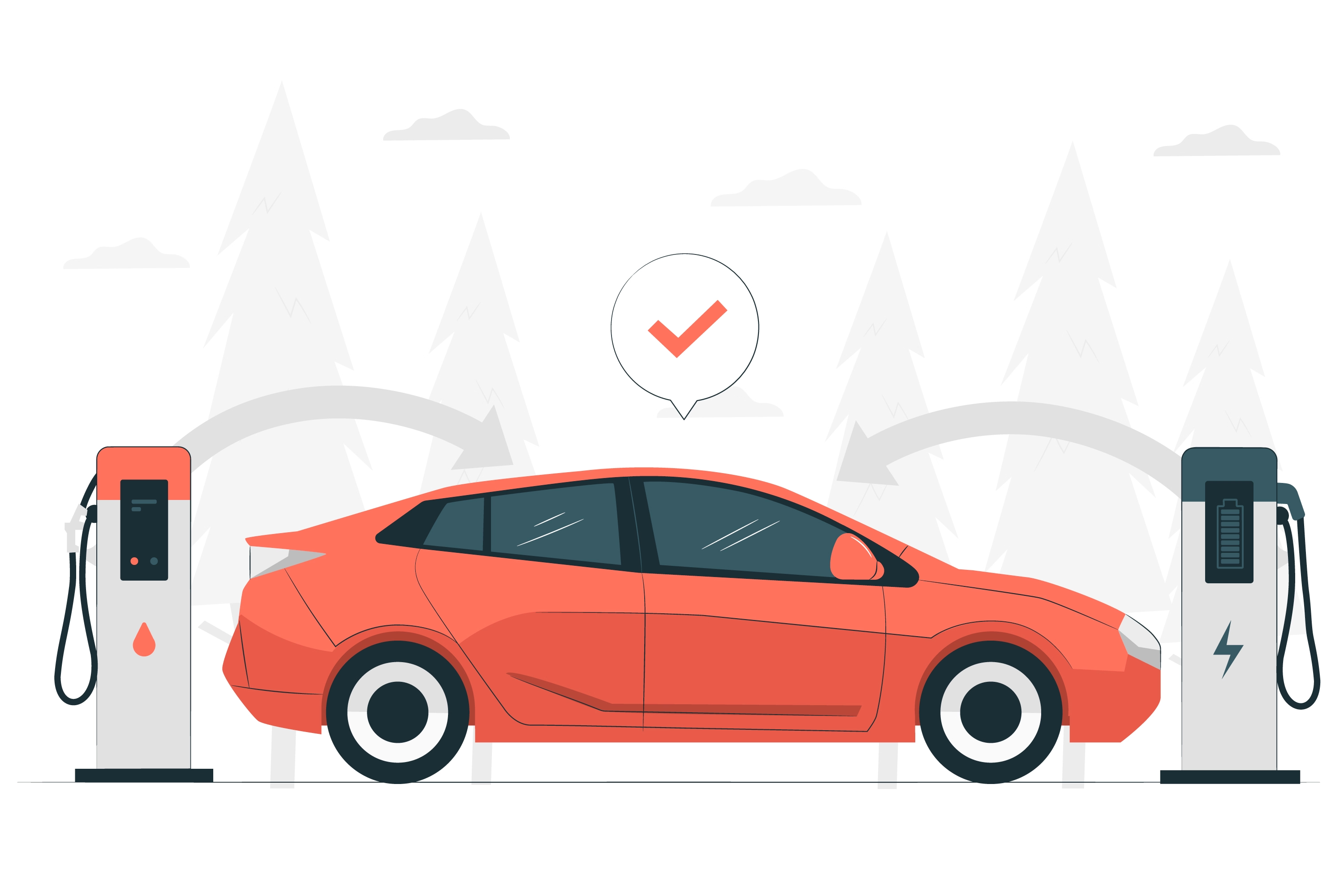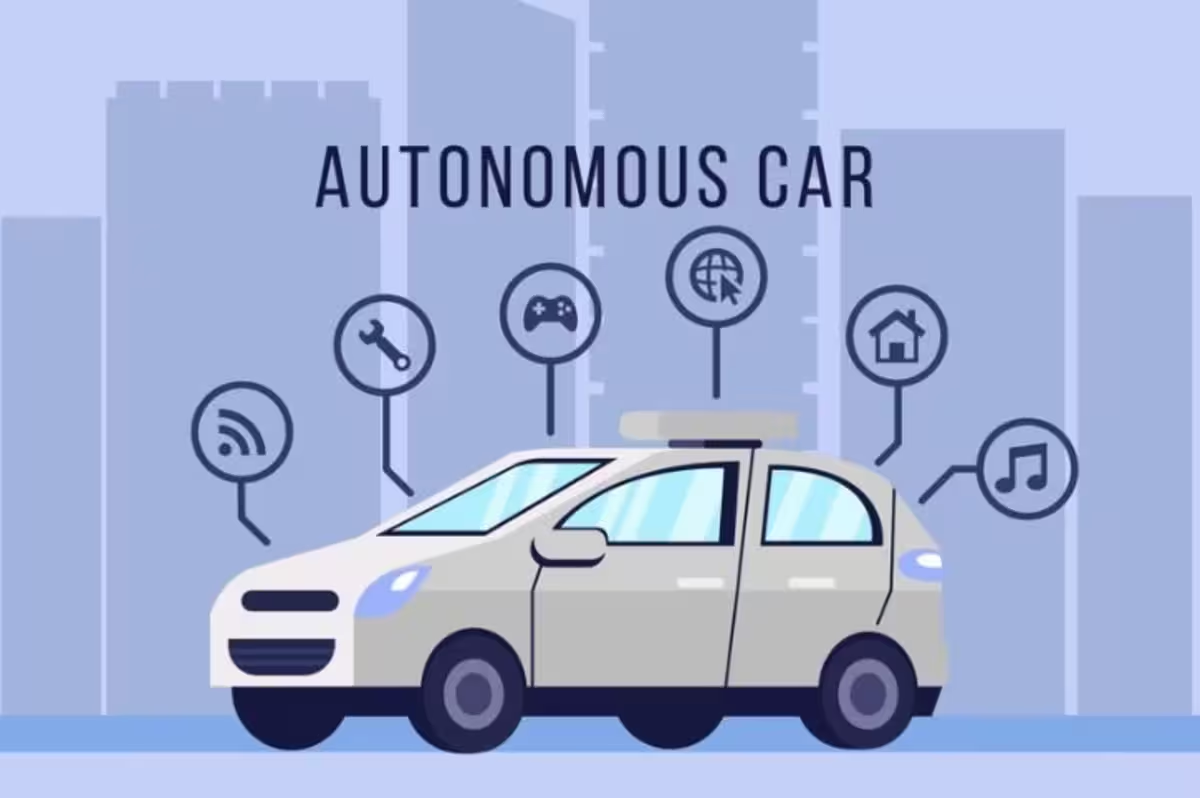The Impact of 5G on Autonomous Electric Vehicles: What to Expect
Introduction to 5G Technology and Autonomous EVs
Another buzzword making rounds frequently is autonomous driving. Some manufacturers might overstate what their autonomous driving capabilities are (looking at you, Tesla), while others lag in data collection to bring about industry-changing advancements. However, the advent and widespread adoption of 5G technology is set to revolutionize many aspects of our lives, and one of the most exciting applications is in the realm of autonomous electric vehicles (EVs). The enhanced connectivity and low latency of 5G networks promise to unlock new capabilities for autonomous driving, making it safer, more efficient, and more reliable. Definitely one of my favorite topics, and here we will delve into the impact of 5G on autonomous EVs, exploring the benefits, technological advancements, and potential challenges.
How 5G Improves Connectivity and Data Exchange
The enhanced connectivity provided by 5G allows autonomous vehicles to communicate with each other and with infrastructure more effectively. This Vehicle-to-Everything (V2X) communication enables cars to share information about road conditions, traffic, and hazards, improving overall safety and efficiency. The high data transfer rates and low latency of 5G networks ensure that these communications happen in real-time, which is crucial for autonomous driving.
Benefits of 5G for Autonomous Driving
Real-Time Navigation and Decision-Making
One of the key benefits of 5G for autonomous vehicles is the ability to process and exchange data in real-time. This allows for more accurate and timely navigation and decision-making. Autonomous vehicles can quickly adapt to changing road conditions, avoid obstacles, and optimize routes based on real-time traffic data.
Enhanced Safety
Safety is paramount in autonomous driving, and 5G technology plays a significant role in enhancing it. The low latency of 5G networks allows for faster response times, enabling vehicles to react to potential hazards more quickly. Additionally, the increased connectivity allows for better coordination between vehicles, reducing the risk of accidents and improving overall road safety.
Improved Efficiency
The high-speed data transfer capabilities of 5G enable autonomous vehicles to operate more efficiently. By accessing real-time traffic data, vehicles can optimize their routes to avoid congestion and reduce travel times. This not only benefits individual drivers but also contributes to a more efficient transportation system as a whole. Our article on best EVs of 2024 covers more on vehicle efficiencies.
Current Developments and Pilot Projects
Several companies and research institutions are actively exploring the integration of 5G technology with autonomous vehicles. Here are a few notable examples:
Waymo
If you're tech enthusiast, you'Ve heard of them, and let me tell you they are exiciting! Waymo, a subsidiary of Alphabet Inc., is one of the leaders in autonomous vehicle technology. The company has been testing its autonomous vehicles with 5G connectivity to improve data exchange and decision-making processes. These tests have shown promising results in terms of safety and efficiency. For more on emerging technologies, you might enjoy our article on solid-state batteries.

Tesla
Who can say autonomous driving wihout having a very polarizing and heared discussion on Tesla. Tesla is also leveraging 5G technology to enhance its Full Self-Driving (FSD) capabilities. The increased data transfer rates and low latency of 5G networks allow Tesla's vehicles to receive and process updates and real-time data more quickly, improving their autonomous driving performance.
General Motors and Cruise
Another good one is GM: General Motors and its autonomous driving subsidiary, Cruise, are working on integrating 5G technology into their autonomous vehicle platforms. This integration aims to enhance the vehicles' ability to communicate with each other and with infrastructure, improving overall safety and efficiency.
5GAA (5G Automotive Association)
The 5G Automotive Association is a global consortium of companies working to develop end-to-end solutions for the future of mobility and transportation services. The association is focused on accelerating the development and deployment of 5G communication systems for connected and autonomous vehicles. This initiative aligns well with advancements in both EV and hydrogen vehicle technologies.
Potential Challenges and Solutions
Infrastructure Development
The deployment of 5G infrastructure is a significant undertaking that requires substantial investment and coordination between various stakeholders. Ensuring widespread coverage and reliability is crucial for the success of 5G-enabled autonomous vehicles.
Data Security and Privacy
With increased connectivity comes the need for robust data security and privacy measures. Autonomous vehicles generate and exchange vast amounts of data, making them potential targets for cyberattacks. Implementing strong cybersecurity protocols is essential to protect both vehicles and users.
Regulatory and Ethical Considerations
The widespread adoption of autonomous vehicles with 5G connectivity raises several regulatory and ethical questions. Governments and regulatory bodies must develop frameworks to address issues such as liability, data privacy, and the ethical implications of autonomous decision-making.
EV-Global Team Verdict
This could be called a revolutionary technology. The rollout of 5G technology is set to transform the landscape of autonomous electric vehicles. The enhanced connectivity, low latency, and high data transfer rates offered by 5G will enable more efficient, safe, and reliable autonomous driving. As the technology continues to evolve and the necessary infrastructure is put in place, we can expect to see a new era of transportation that is smarter, more connected, and more sustainable (and we're all here to live it!). The future of 5G and autonomous EVs is not just a possibility; it's an exciting reality on the horizon. For more insights, dive into our articles on buying vs leasing EVs and BMW's performance in the EV race.



